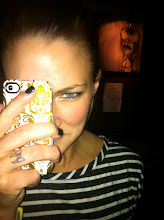im going to give my aimless love, my angry heart, my desire.
i woke with wings from lucid dreams, i knew the reason that i felt hollow
was that i may never know, if there is some great truth or not.
there is no, ill dream a nation of you. a new utopia for you to live in.
ill dream a nation of me, a new ambrosia that we could live in.
lucid dreams, uh huh yeah.
im living in lucid dreams, uh huh yeah
the sweep slides on my stereo
short wave ride my rodeo
beat came from addis abylon
but im flying to istanbul
oh so why dont you come alive?
ill dream a nation of you.
a new utopia for you to live in
ill dream a nation of me
another narnia where we can live it
lucid dreams, uh huh yeah
im living in lucid dreams, uh huh yeah
lucid dreams
im living on lucid dreams
im living on shortwave dreams tonight
aaah!
lucid dream
im living in lucid dreams
im living in shortwave dreams tonight
aaaah!
lucid dreams
im living in lucid dreams tonight
uh huh yeah






